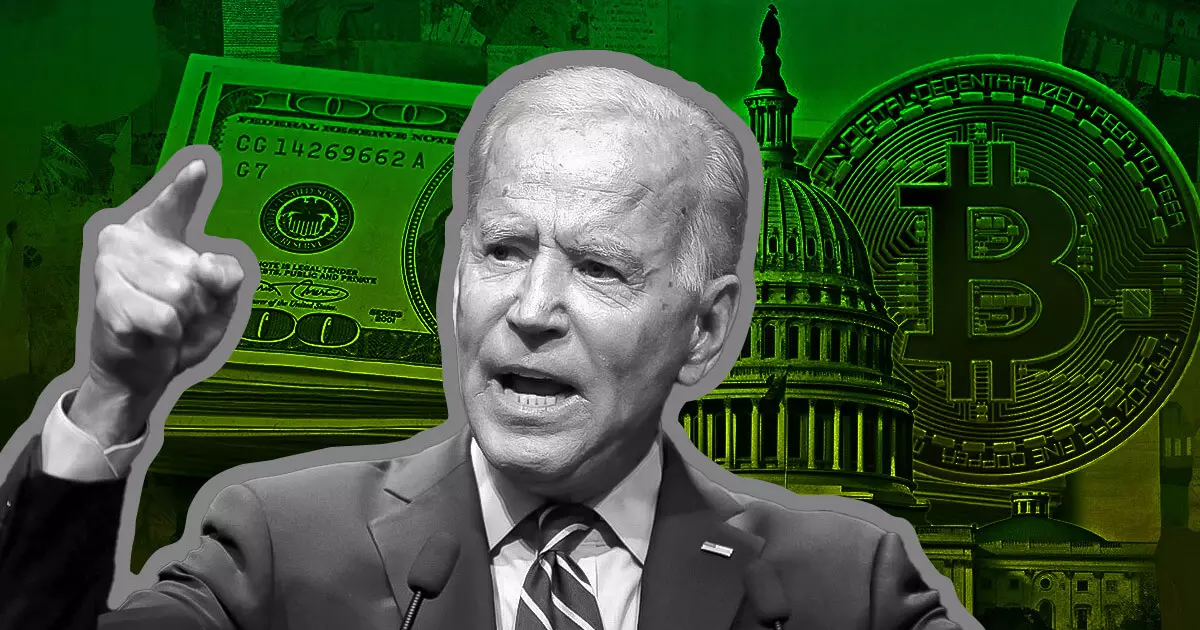US President Joe Biden recently vetoed H.J. Res. 109, a resolution aimed at overturning the SEC’s SAB 121 rule. Biden stated that the rule represents the considered technical views of SEC staff and plays a crucial role in protecting the public. He emphasized that the resolution would limit the SEC’s authority over accounting practices, hindering its ability to address future issues and risks. Biden’s decision to veto the resolution reflects his administration’s commitment to ensuring the well-being of consumers and investors.
Despite Biden’s assertion that H.J. Res. 109 was a “Republican-led resolution,” lawmakers supporting the resolution have characterized it as a bipartisan effort. However, voting records reveal significant Republican support for the bill, with the majority of yes votes coming from Republican lawmakers in both the Senate and the House of Representatives. This partisan divide highlights the complexity of the issue and the differing perspectives on the impact of the SAB 121 rule.
Lawmakers’ Arguments
Congressman Patrick McHenry, a vocal supporter of overturning SAB 121, has criticized the rule as overly restrictive and accused the SEC of bypassing standard procedures in its implementation. On the other hand, Democratic senator Elizabeth Warren has defended the rule, stating that it is less restrictive than its critics claim. The American Bankers Association (ABA) acknowledges the restrictive nature of the rules but advocates for modifications rather than a complete overturn.
Biden’s veto addresses a single legislative attempt to overturn SAB 121, leaving the door open for future challenges to the rule. The uncertainty surrounding the future of SAB 121 raises questions about the regulatory framework for digital assets and the balance between innovation and consumer protection. While Biden has pledged to work with Congress to create a comprehensive and balanced regulatory framework for crypto assets, the debate over SAB 121 highlights the challenges of finding common ground on complex financial regulations.
US President Joe Biden’s veto of H.J. Res. 109 regarding the SEC’s SAB 121 rule has sparked a debate among lawmakers and industry stakeholders. The partisan divide, differing viewpoints on the impact of the rule, and the uncertainty surrounding its future implementation underscore the complexities of creating effective regulatory frameworks for emerging digital assets. As discussions continue, finding a balance between innovation and consumer protection will be crucial in shaping the future of financial regulation in the United States.



















Leave a Reply